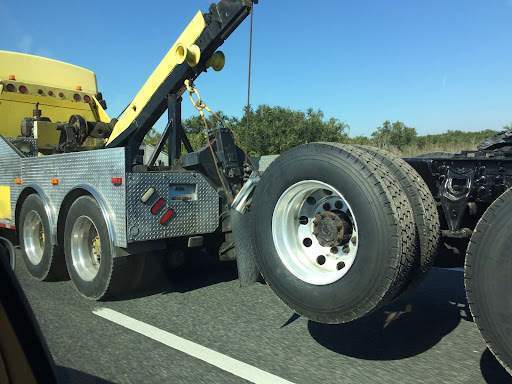The sheer size difference between a fully loaded semi-truck and your passenger car means you could sustain catastrophic, life-changing injuries in even a minor crash. When you hire a California semi-truck accident lawyer to file a suit for compensatory damages, one of the first steps we take is to conduct an investigation of the accident.

Different types of truck accidents
The type of accident can provide many clues as to the cause of the collision. Here are some of the most common semi-truck accidents for which we’ve helped our clients recover damages.
Rear-end collisions
Collisions when a car rear-ends a semi-truck or when a semi-truck rear-ends a passenger car can occur for several different reasons. A truck driver can’t stop their truck as quickly as might be necessary to avoid an accident, or weather conditions or faulty brakes could prevent them from stopping.
Other times, a truck might suddenly jack-knife, which could cause a car to run into a part of the truck unavoidably. If a smaller car or SUV rear-ends a semi, the front of the car can become wedged beneath the truck.
Rollover accidents
Semi-trucks have a higher center of gravity than other vehicles, making them more prone to rollover. Roads with steep inclines or sharp curves can be especially perilous, especially with dangerous weather, high winds, wet roads, and poor visibility.
Head-on collisions
A head-on collision is what it sounds like – the fronts of each vehicle collide. These can occur when one driver doesn’t yield the right-of-way and are often fatal for the passenger car occupants.
Initial investigation steps
We document and analyze each piece of evidence in order to build the strongest possible case on your behalf. We may ask you to provide information to help us research the cause of the accident and subpoena information from the other driver. Here are some key elements of our investigations.
Establishing the scene
Accident scene photos, videos, and CCTV footage help an accident reconstruction expert reconstruct how the collision occurred. We may use pictures that the responding officer took and those taken by you or witnesses.
Assessing the damage
Part of properly valuing your claim is assessing the damage to your vehicle, any personal property damaged in the crash, and, of course, your injuries and medical expenses. We use professional assessors to determine the value of the damage.
Collecting evidence
Other evidence may include the safety records of the trucking company and the personnel records of the drivers themselves. We may also seek toxicology reports from the driver to see if drugs or alcohol played a role in the crash.
Interviews with key players
Trained attorneys can elicit a surprising amount of information about the case by interviewing key people involved, even the driver, the trucking company owner, or other witnesses.
Witnesses and other drivers
Your passengers and any passengers in the truck can be valuable witnesses. We will also seek to speak with others who saw the crash – whether they were other drivers, a nearby pedestrian, or the employees of a business located near the scene of the accident.
Other parties involved
The owner or manager of the trucking company could provide important information in your case, even if they don’t want to provide any information or serve as a witness. We may speak with the truck driver, their employer, or any other parties that could shed light on their driving history.
Analysis of the evidence
Once we gather the evidence, we begin putting your case together. To successfully receive compensatory damages, your attorney must prove negligence on the truck driver’s part and draw the line between the crash and the injuries and harm you suffered.
Were you involved in a truck accident in California?
If you or someone you love has been in a collision with a semi-truck, contact the experienced California truck accident attorneys at Ernst Law Group. We have the resources necessary to litigate complex commercial trucking suits and the compassionate representation you deserve. Call us today at (805) 541-0300 or connect with us online to schedule a free case review.


